The best hybrid cars deftly combine green emission ratings with low running costs, as well as the ability to fill up in mere moments from a pump.
Their commercial success has been quite a thing to witness over the past couple of decades. It has created a broad and varied patchwork of models to choose from for private buyers and company car owners alike.
And it’s that varied selection - at the more compact and affordable end of the spectrum - that we’re getting in among here. If you're after bigger and more luxurious electrified models, we rank those on our best hybrid SUVs page.
As we move closer to the legislated phasing out of new ICE cars across the UK and the EU by 2035, it’s impossible to say how long the hybrid powertrain will remain such a dominant force - but it must already be considered to be on borrowed time.
Car makers are now required by law to register an increasing proportion of their total UK sales volume as electric cars, on a sliding scale that’s set to rise to 80% by 2030 and 100% by 2035. And while plug-in hybrids (PHEVs) and regular hybrids may help customers prepare for the idea of a fully electrified car, they won’t help their makers to avoid hefty fines if they fail to meet those deadlines.
For now, of course, a hybrid powertrain may simply be the right choice for your next car. Perhaps because it saves you money at the petrol pump; drives down how much benefit-in-kind (BIK) company car tax you pay; gives you a car with a low emissions rating and a useful electric-only range with which to access a low-emissions zone; or lets you make most of your daily motoring emissions-free.
In any case, these are our favourites.
The best hybrid cars
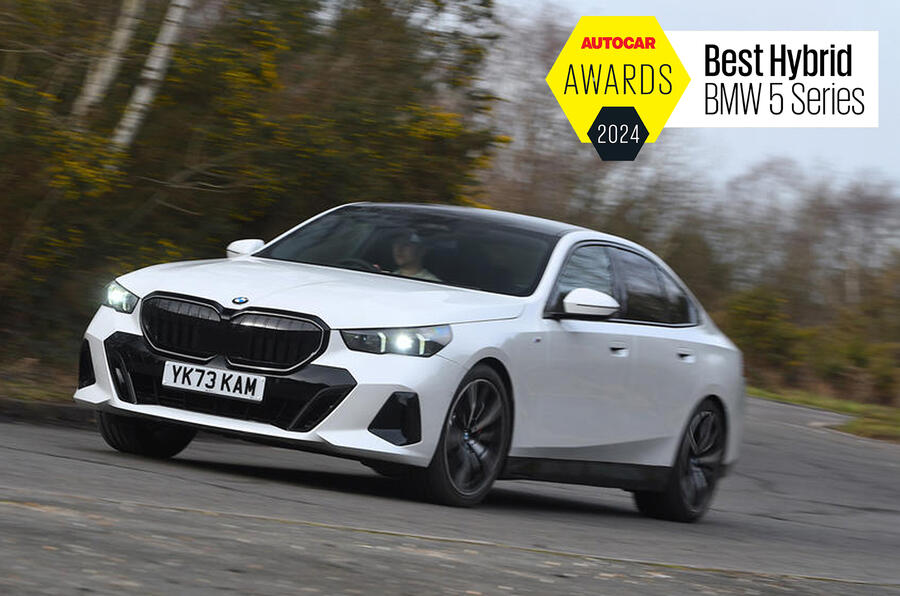
Our choice: BMW 550e
The 5 Series is a real ‘have your cake, eat it and lose weight’ kind of car. Sure, there are other PHEV saloons and there are other PHEVs with six-cylinder engines, but none that offer it all at once, let alone execute the formula so well.
The G60-generation 5 Series hasn’t had the easiest time here at Autocar, having been launched in pure-electric i5 form, but it all comes together when you add an engine.
The B58 petrol straight six's smooth, willing and sonorous character transforms a very competent PHEV into a truly compelling one. The four-cylinder 530e is more than quick enough, handles well, has competitive electric range and efficiency and uses its battery power very cleverly to make sure that you get the best of both worlds as often and for as long as possible. It's a very recommendable PHEV in its own right. But the 550e has that indulgent, big-engined feel that no amount of acoustic trickery can replicate.
Read our BMW 5 Series review



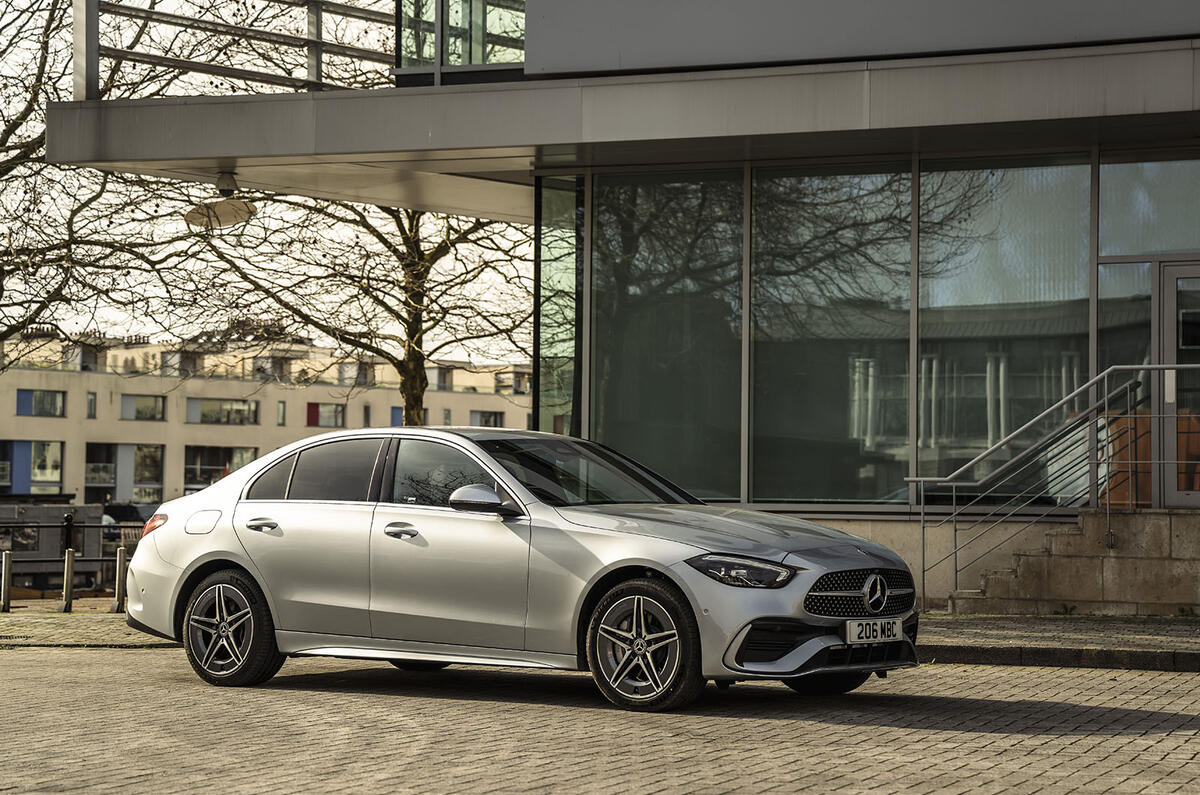
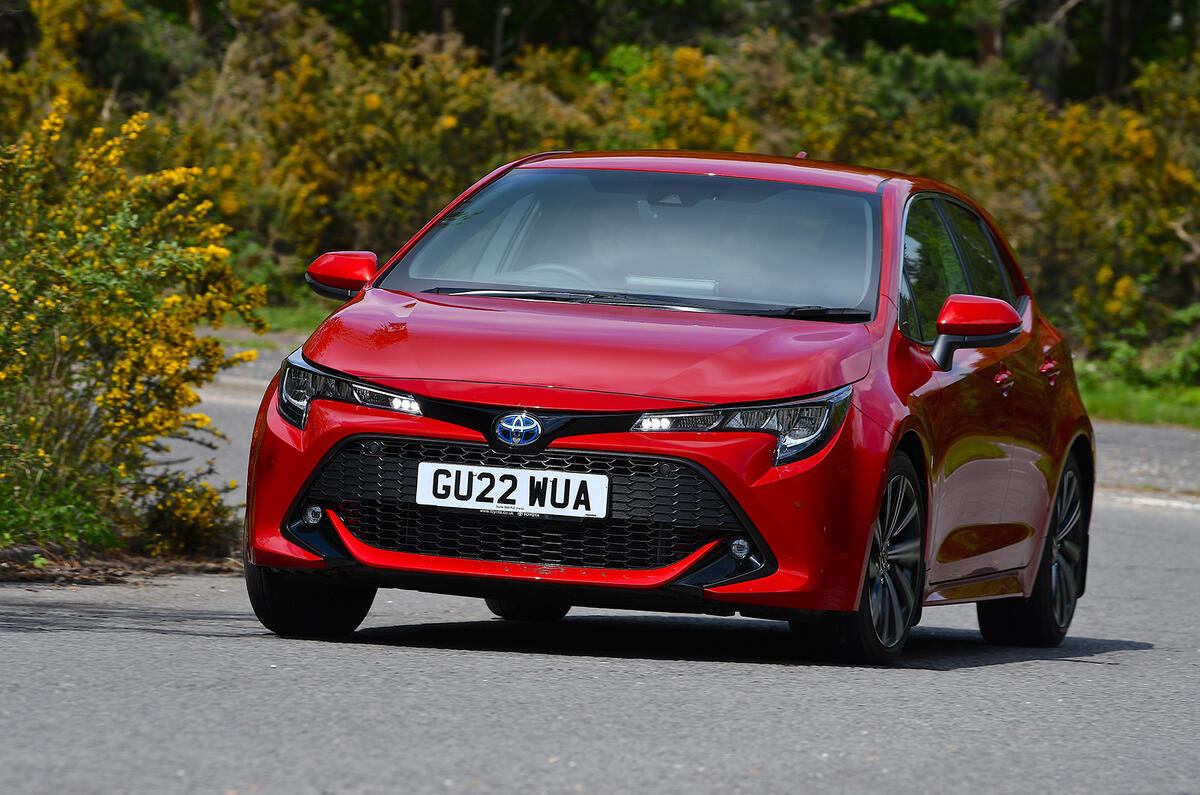




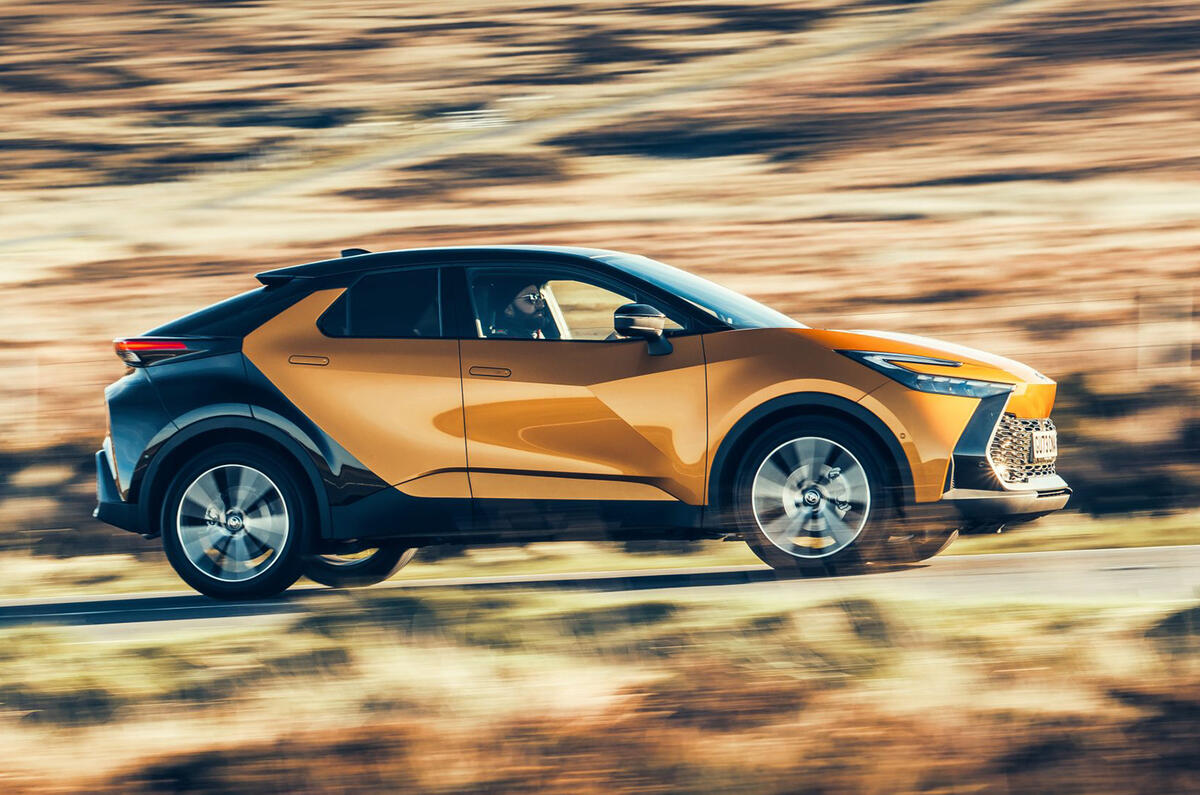
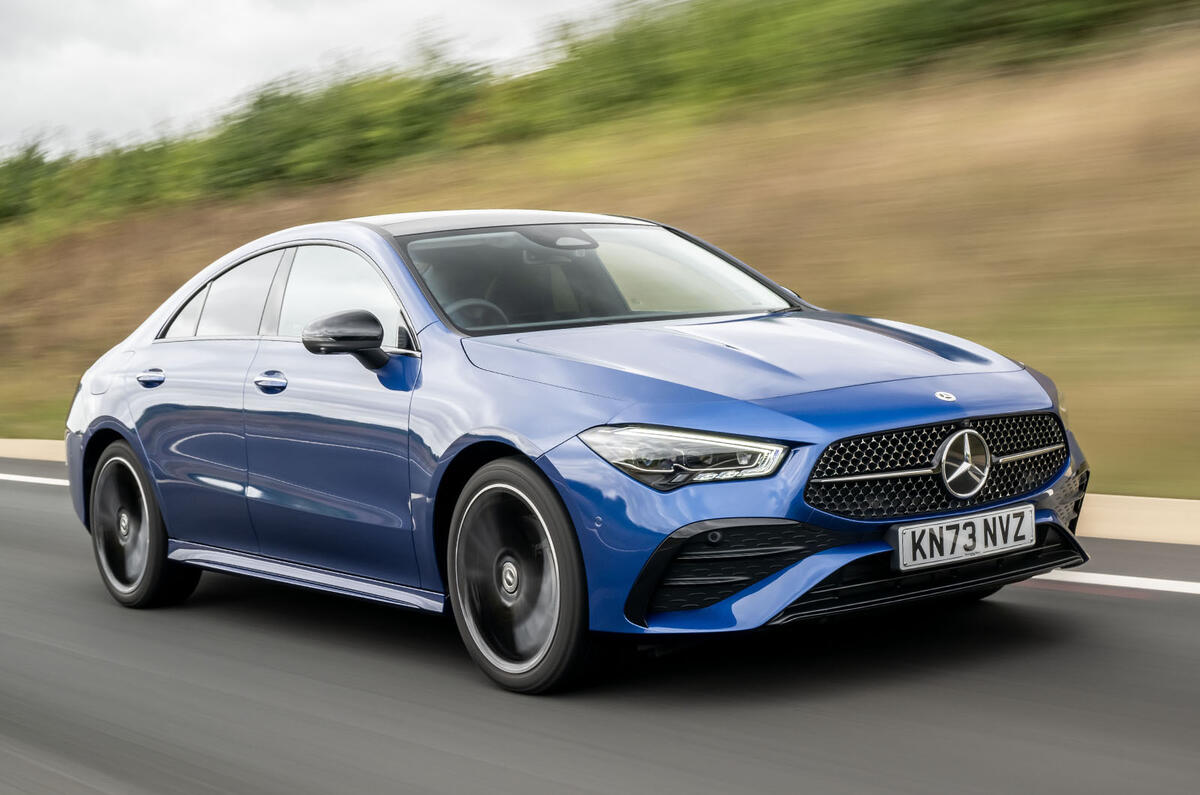


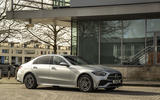










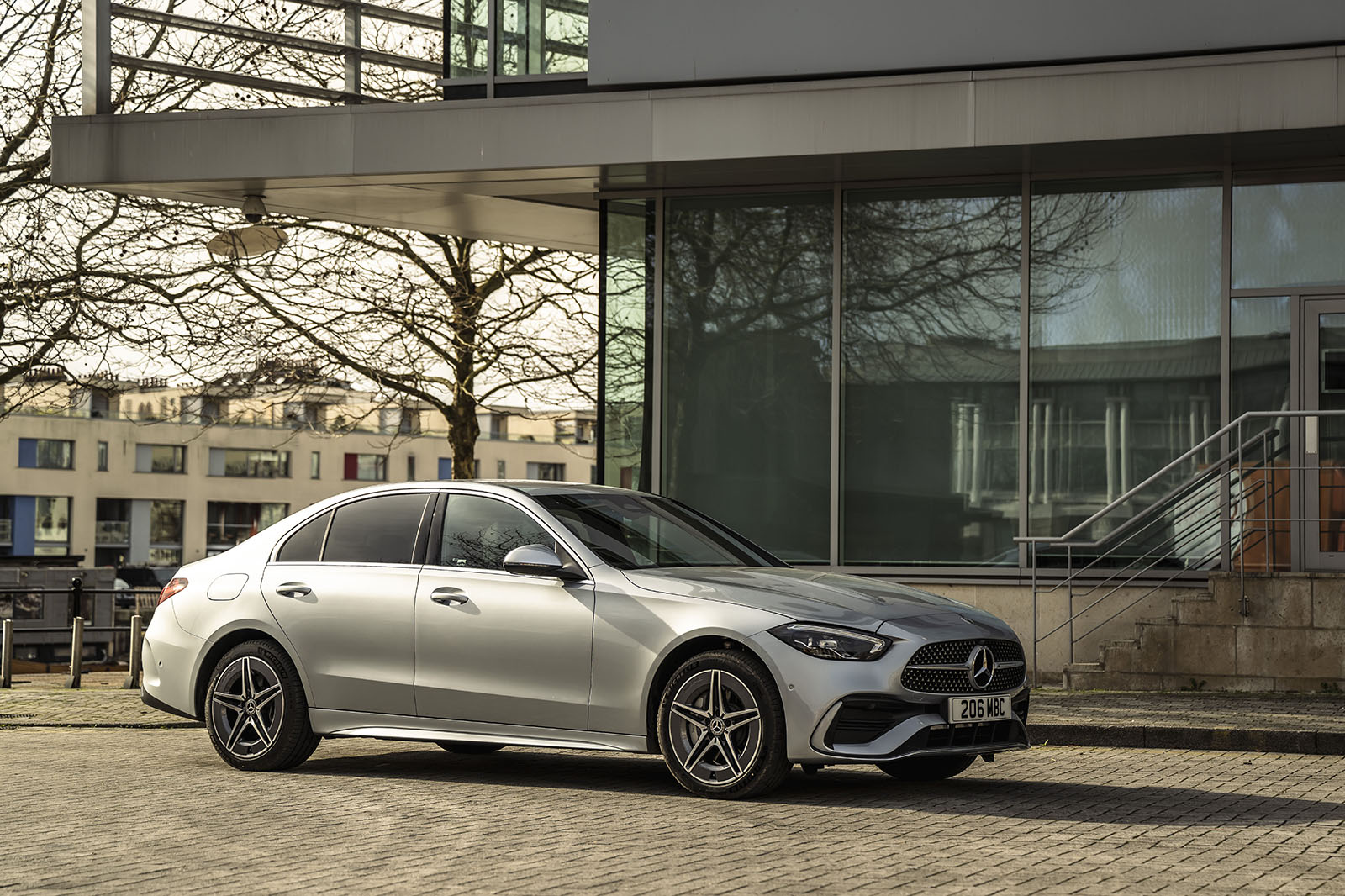
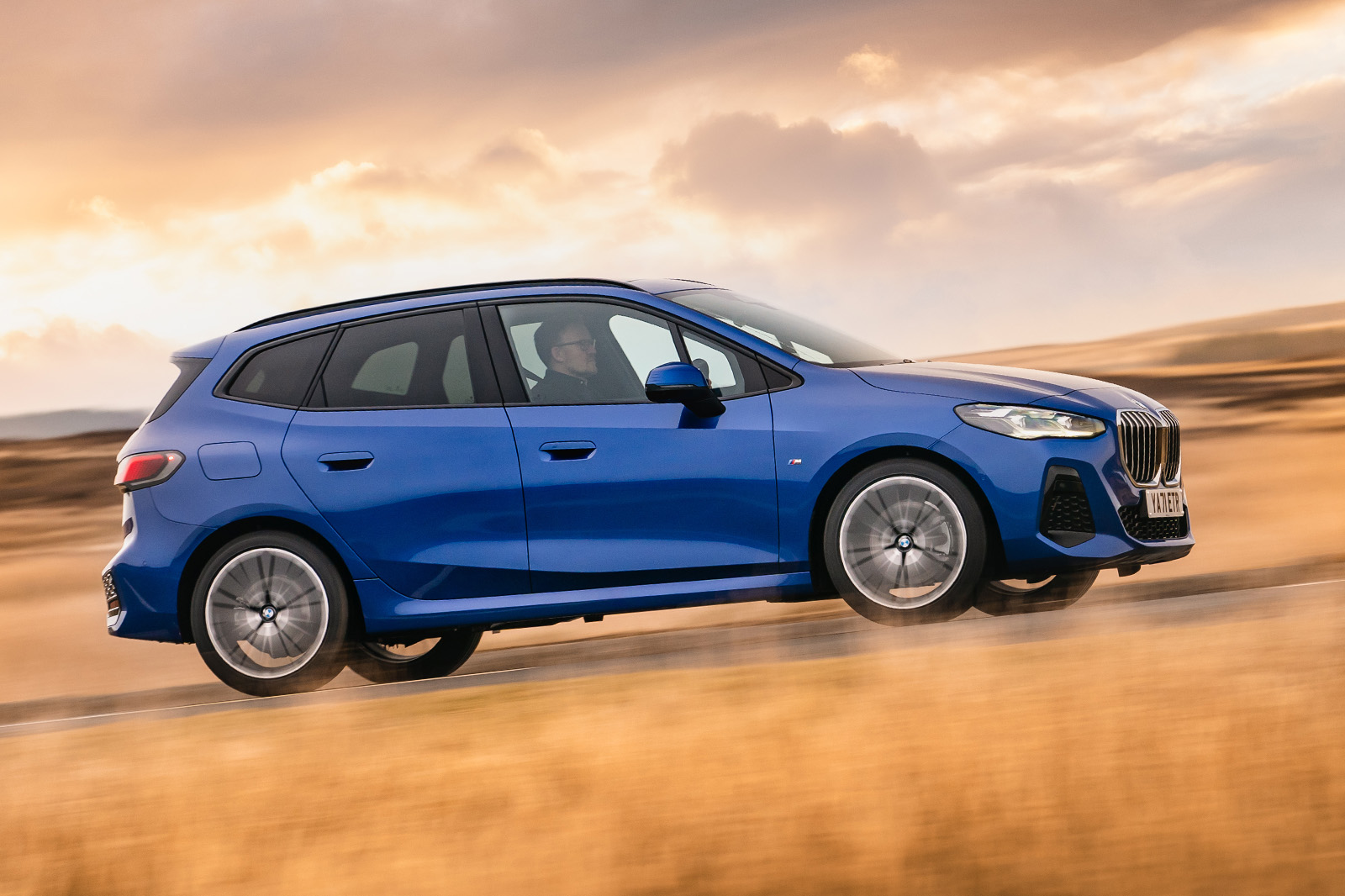
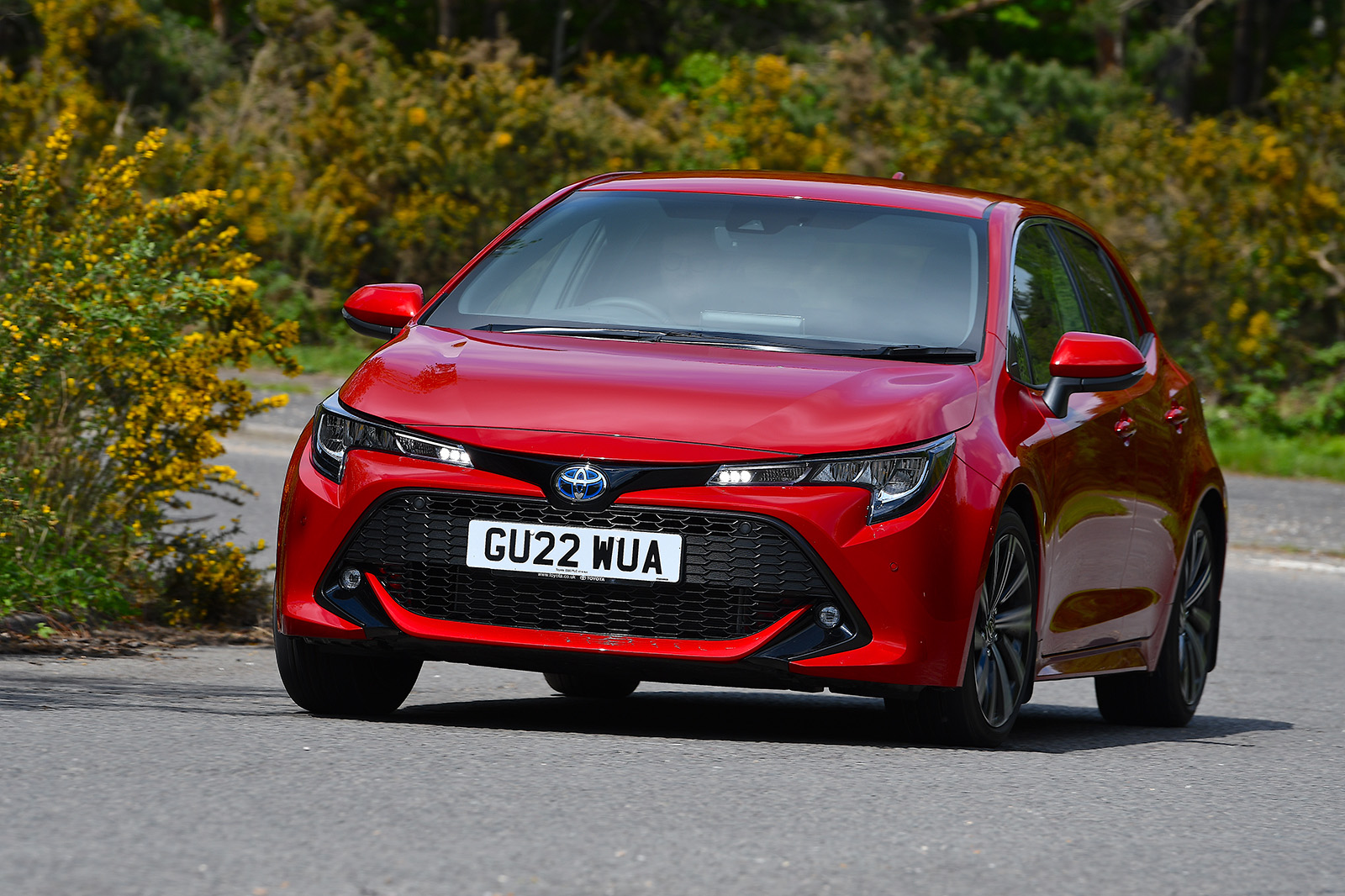
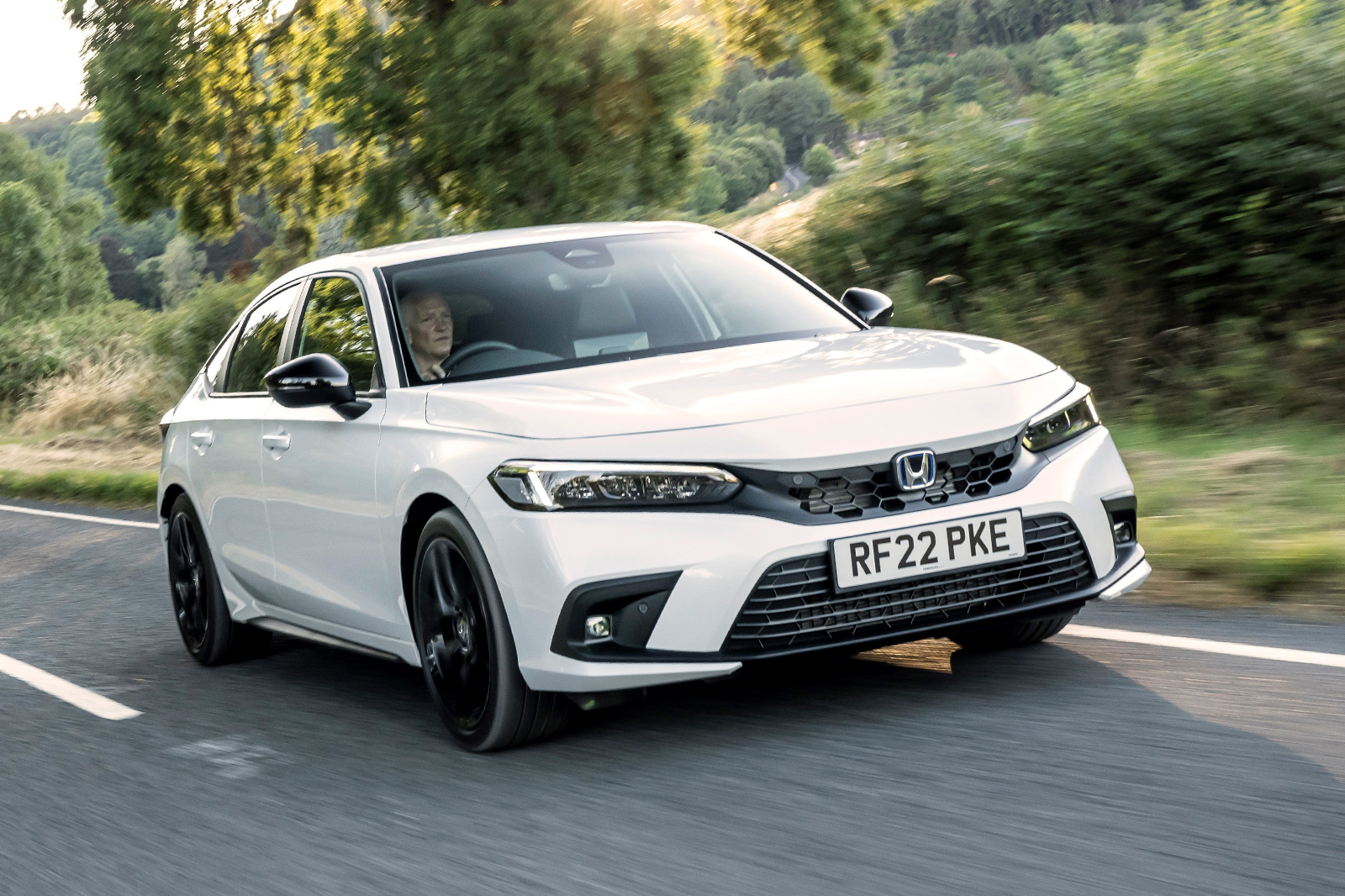
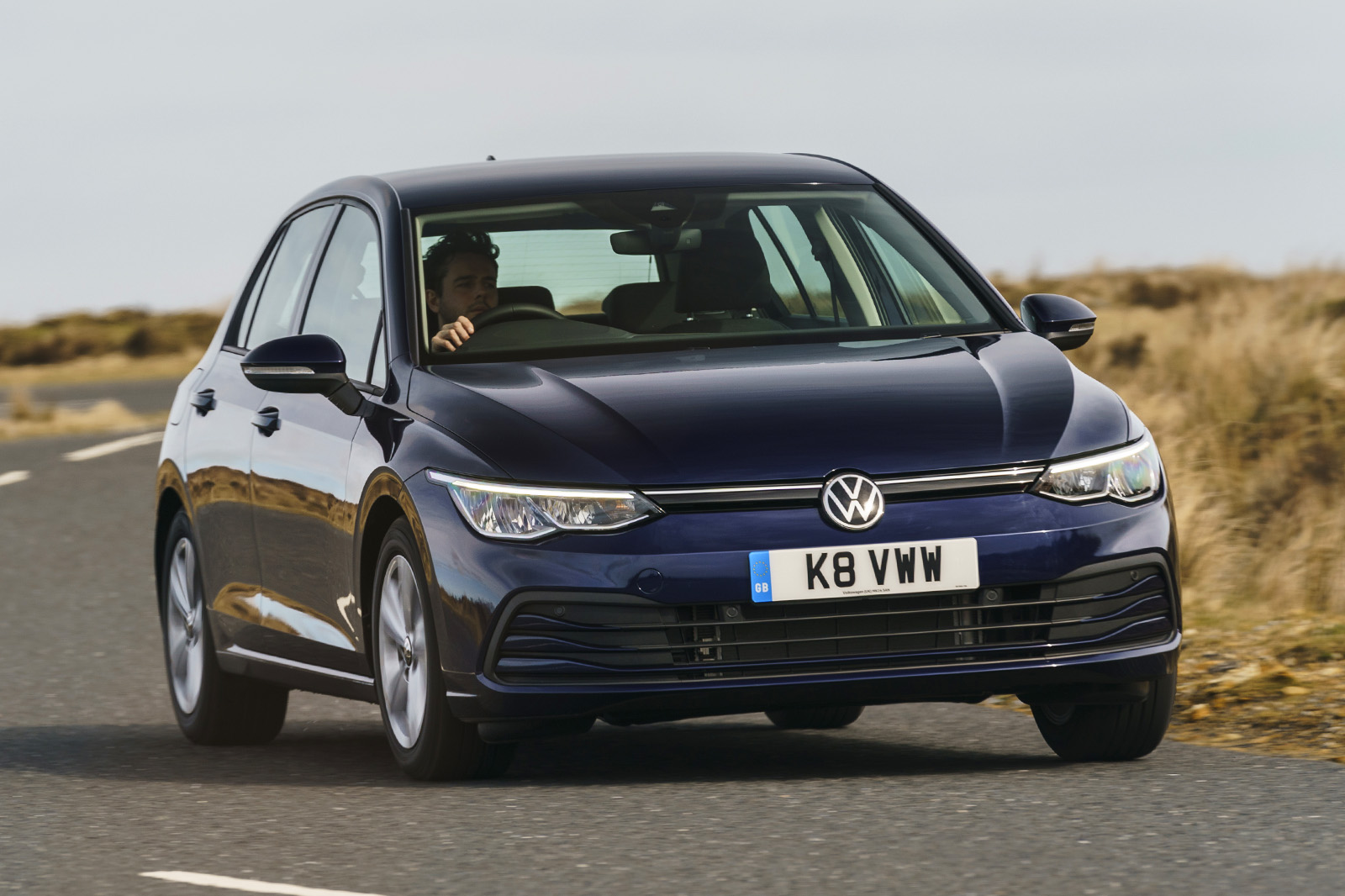
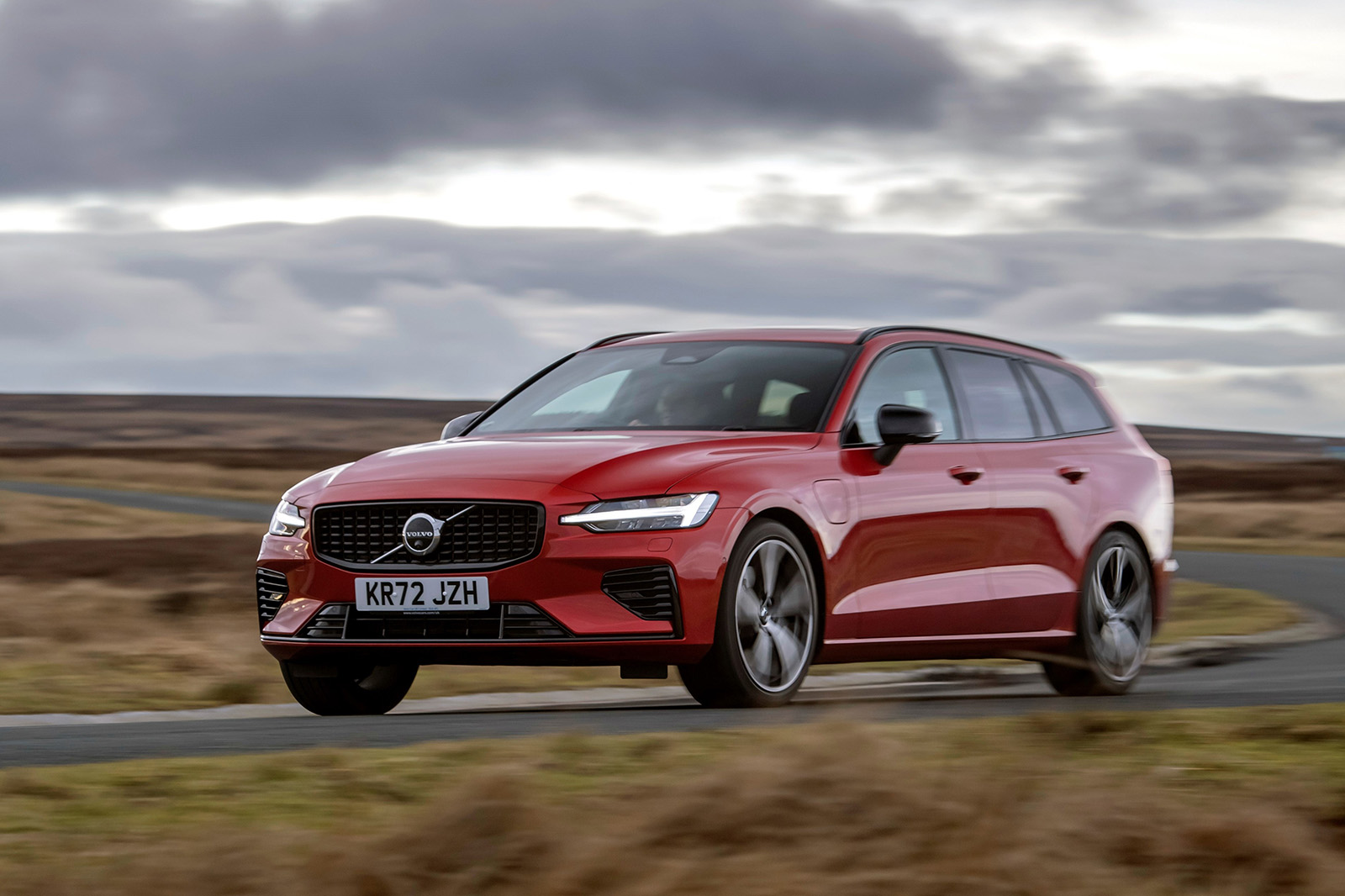
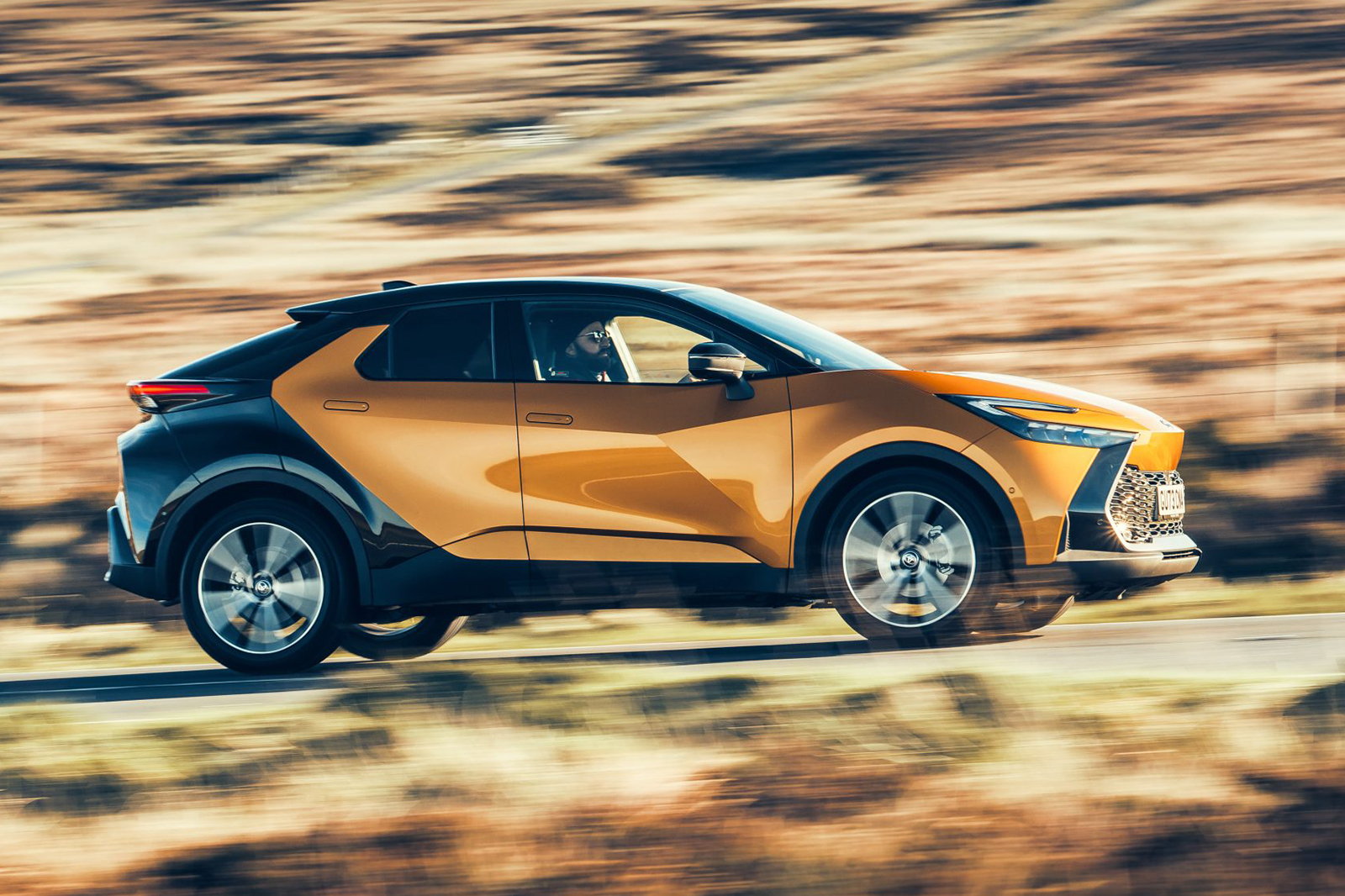
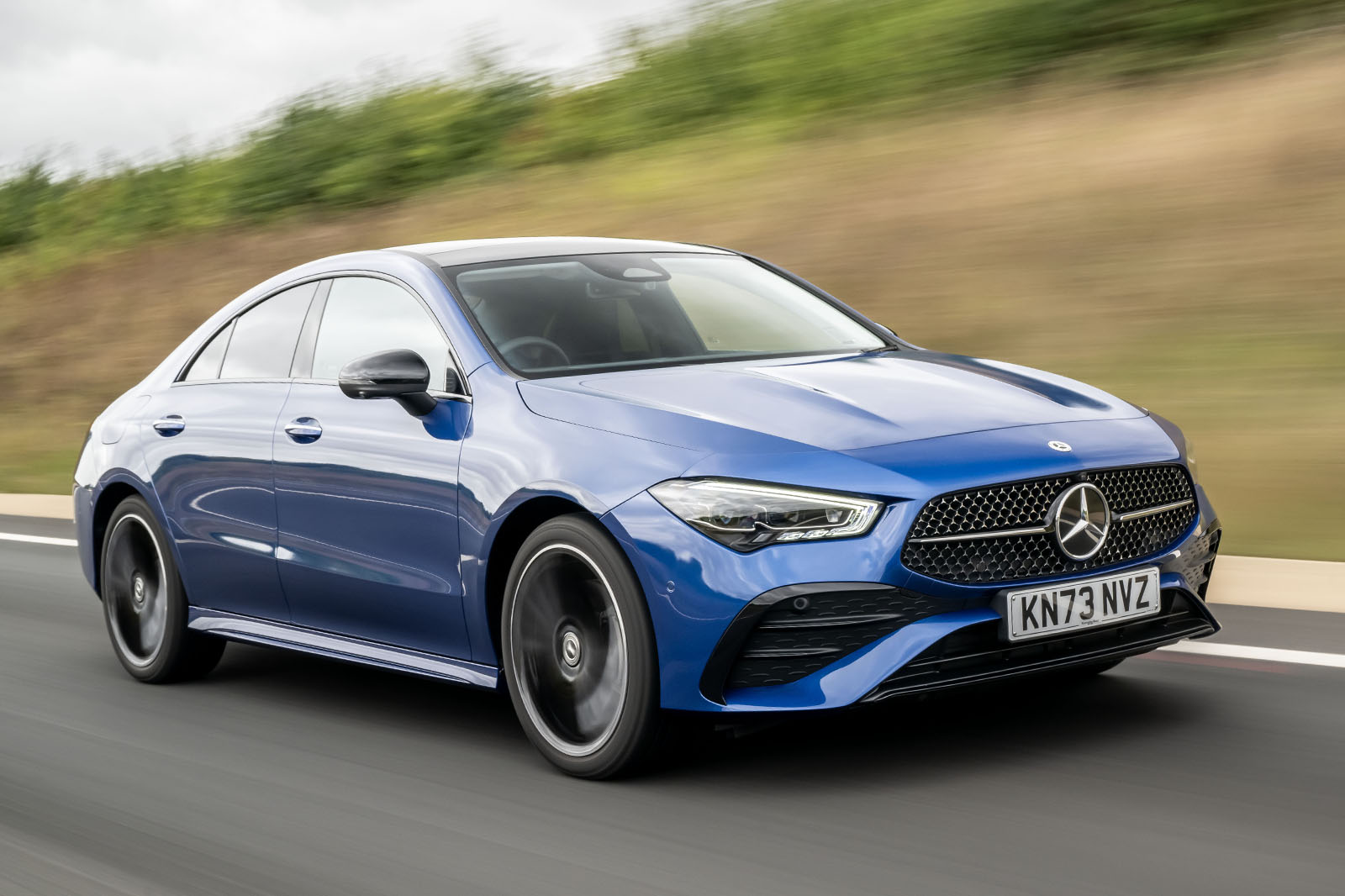
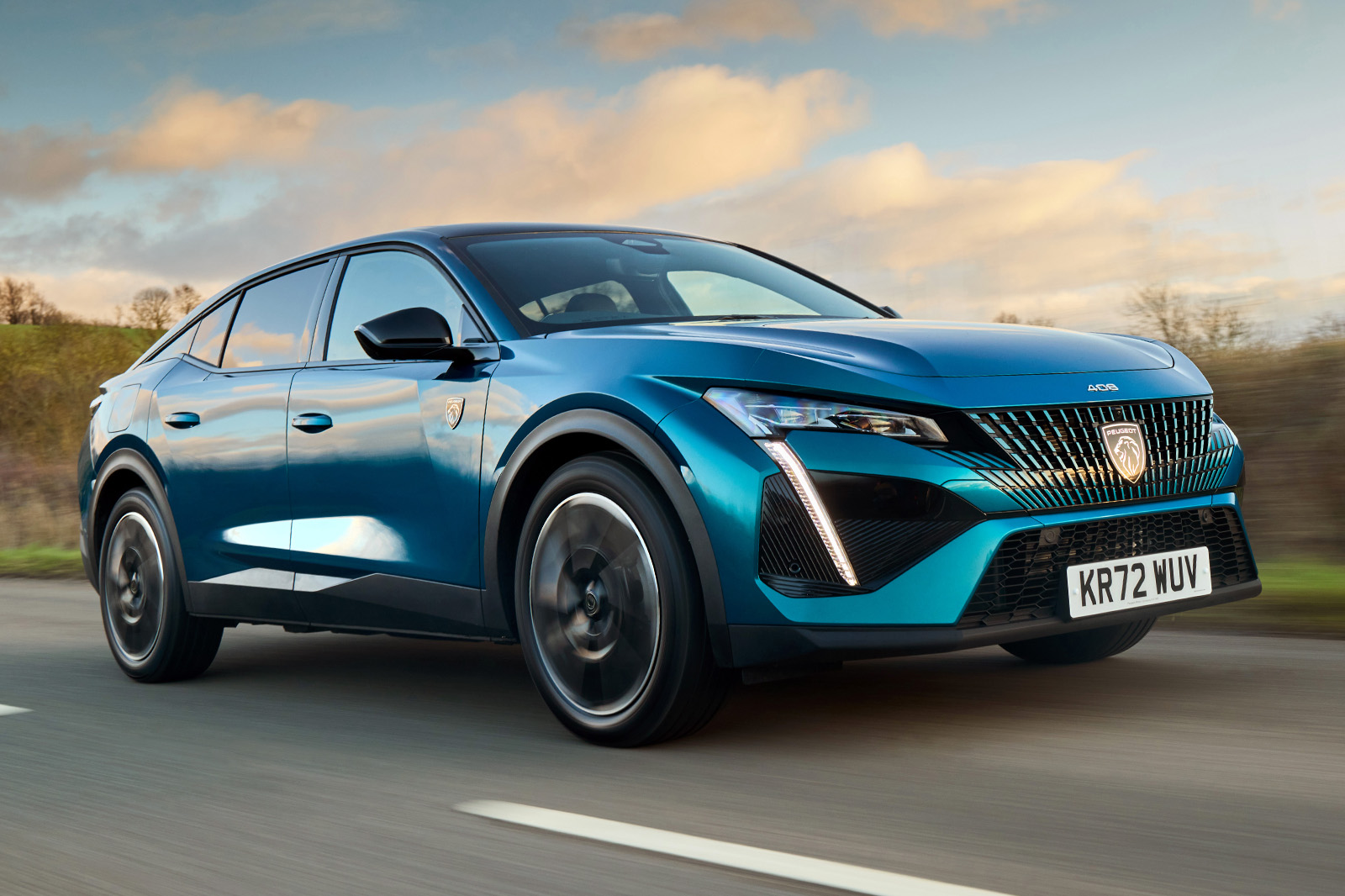







Join the debate
Add your comment
Hybrids made sense 15 years ago, before affordable longrange EVs arrived. Now hybrids are unecessary because buyers are better off going fully electric. EVs are cheaper to run, cheaper to service, far less polluting and massively more fun to drive. Hybrid was simply a bridging technology that is no longer needed.
Unfortunately, this is primarily a PHEV review and, therefore, of little interest to private buyers, unless they do 10,000 local miles a year and keep their cars for 10 years, otherwise the additional cost of a PHEV will never be recovered. I've not seen a PHEV that has boot space for a even a space-saver spare wheel. Few hybrids have the space either. Given today's appalling roads, the need for a spare wheel has never been greater. I'd not buy a car without a space-saver spare wheel. So, choices are very limited, hence Niro 3 HEV on order, a sensible car with spare wheel and circa 60 mpg, for under £30k.
@car lover
There's nothing sensible about buying a new car that burns petrol in 2024. It's simply a bad decision.
More like top 10 tax dodgers, these cars would go out of production tomorrow if tax incentives were removed. A private buyer can make no case for one.